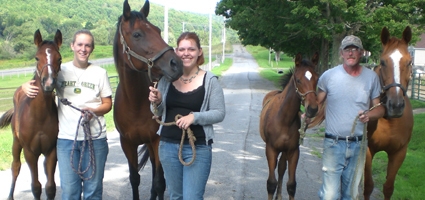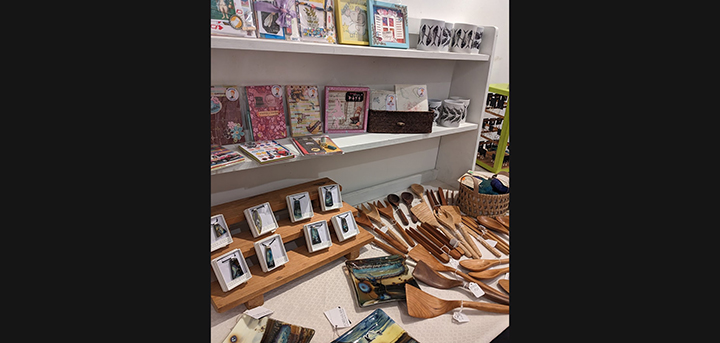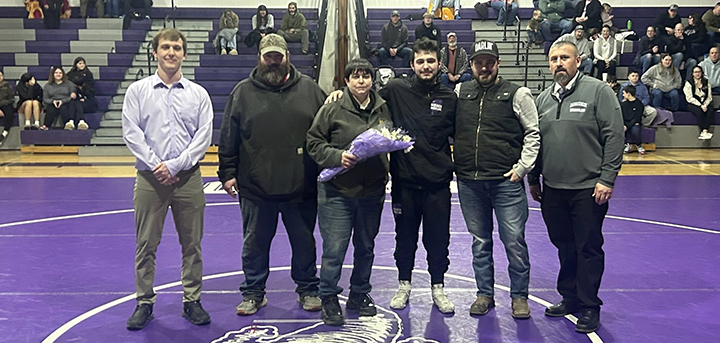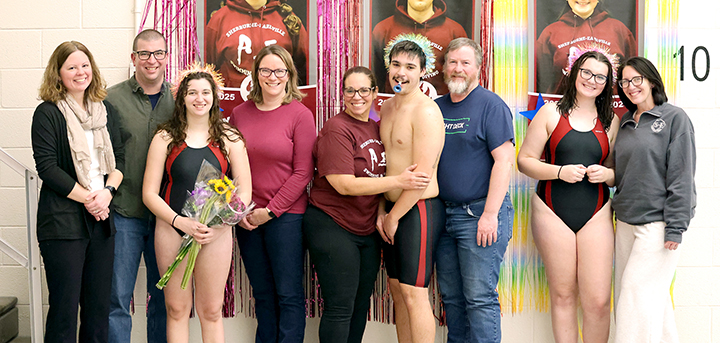Punching the Clock: Horsing around
Every day I drive past the 327 acres that make up Rhapsody Farm, but until last week, I had no idea what kind of work goes into training and selling the Thoroughbred horses, many of which go on to race competitively.
Elaine Peck and her husband Richard Quinn begin work every day at 5 a.m. “Last year, we prepared over 20 horses for Saratoga,” Peck said. “This year we have as many if not more.”
I arrived at Rhapsody Farm in Plymouth at 8 a.m. on the day the horses were being transported to the Fasig-Tipton Saratoga Yearling Sale. Although I missed most of the excitement of the day, Elaine showed me around the property and explained what goes into preparing the horses for the sale.









Comments